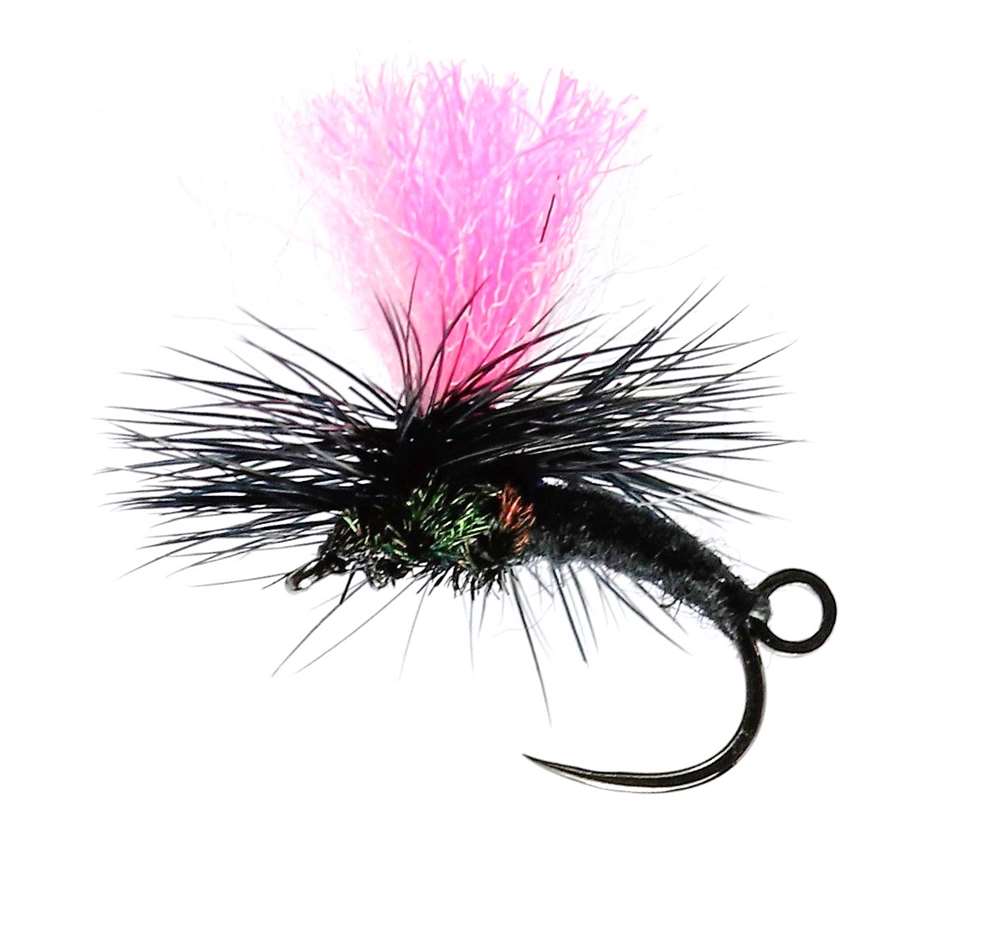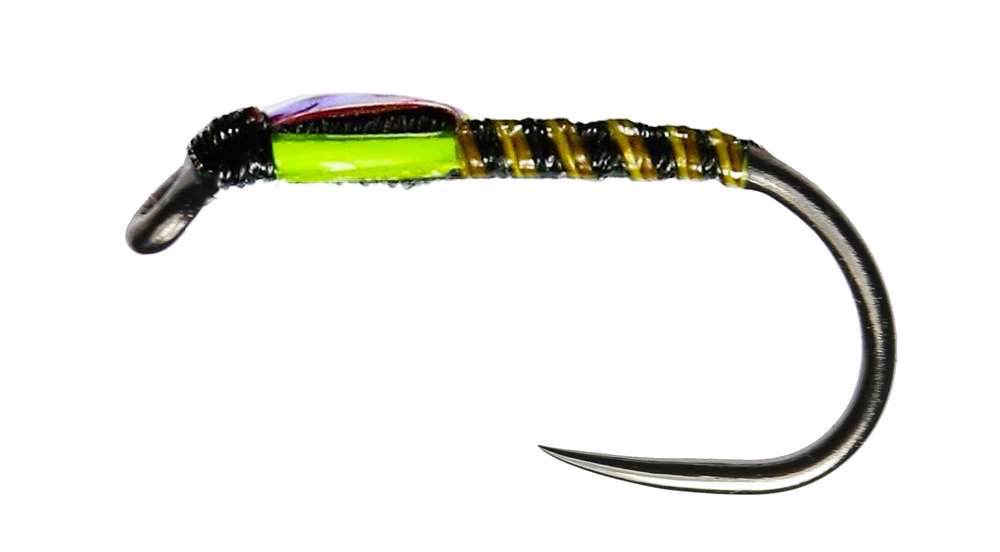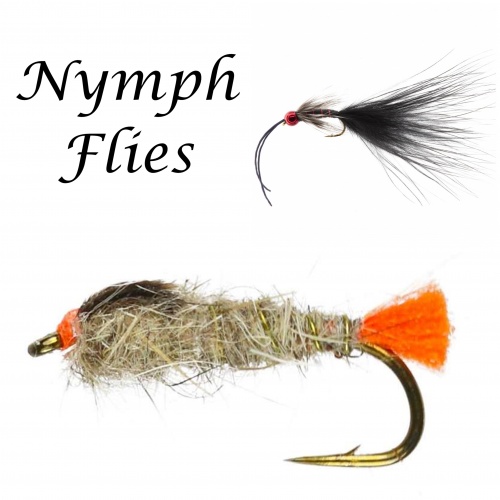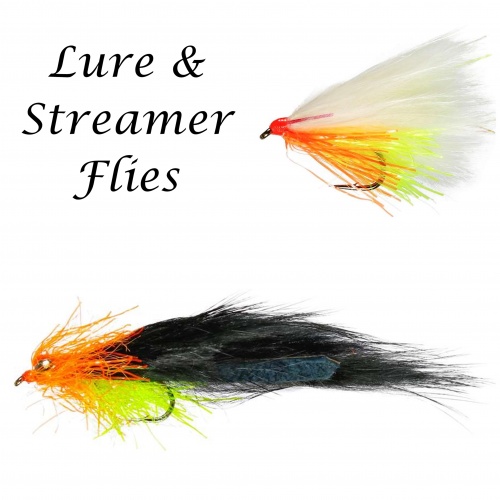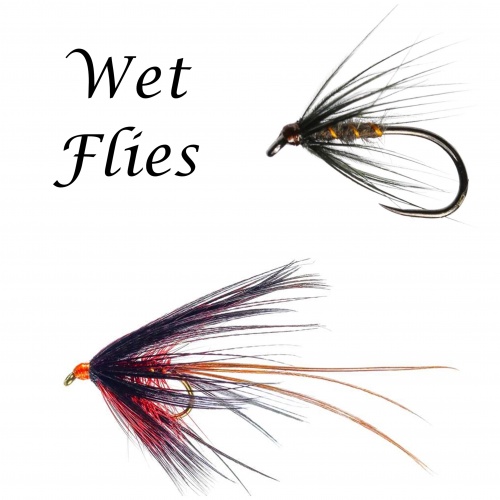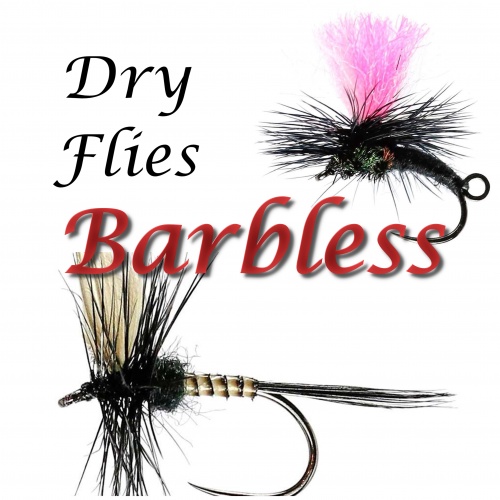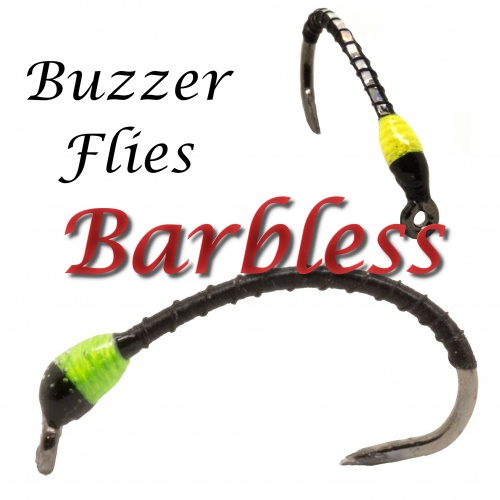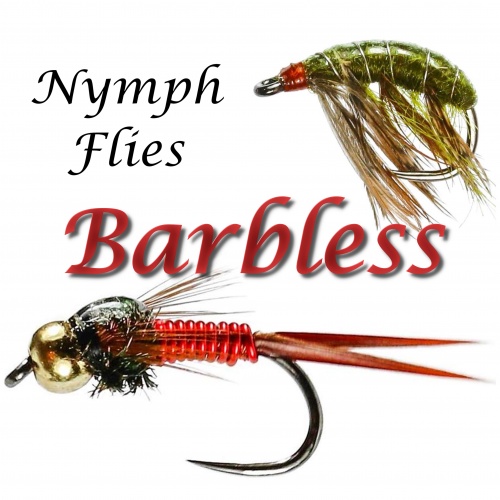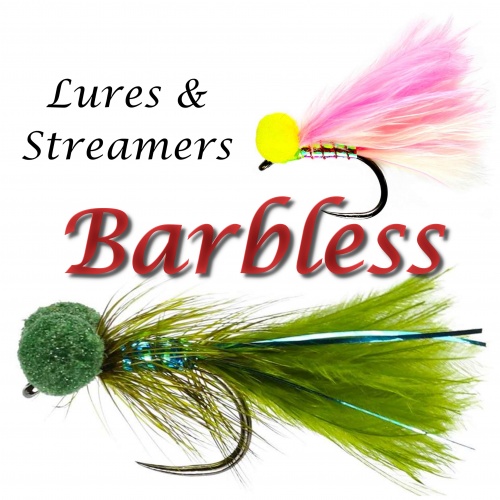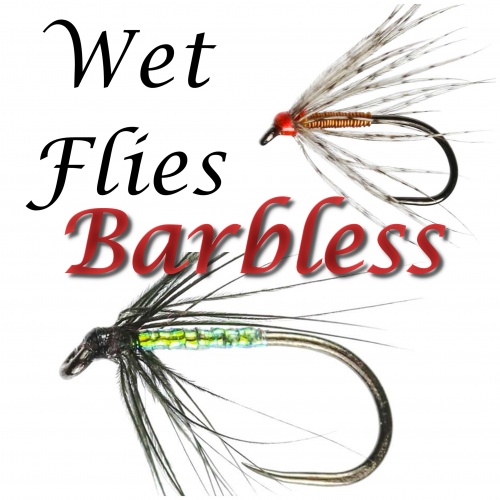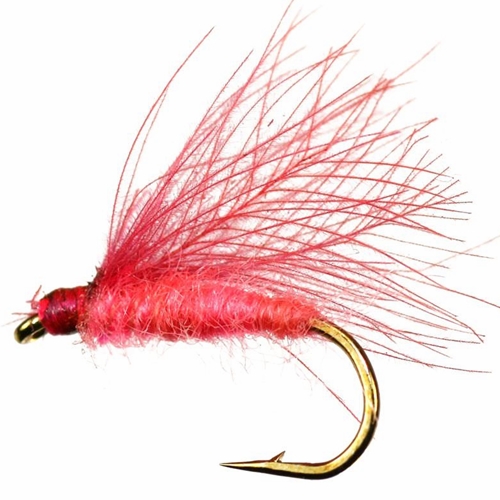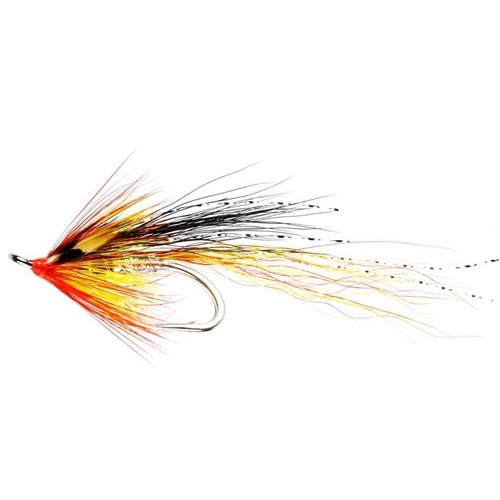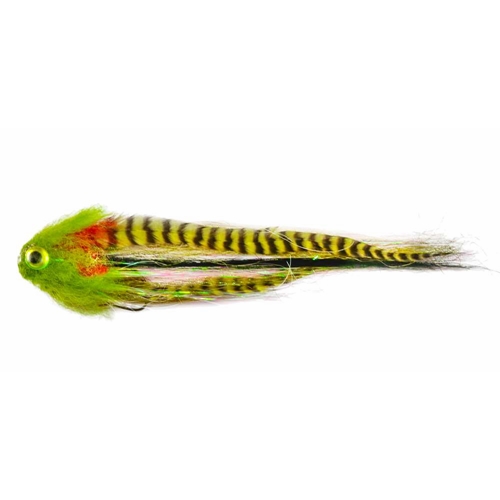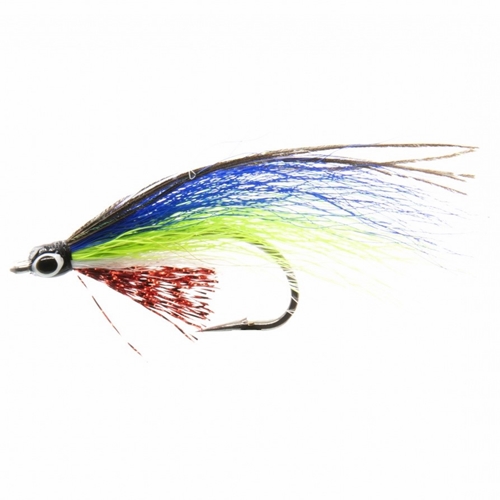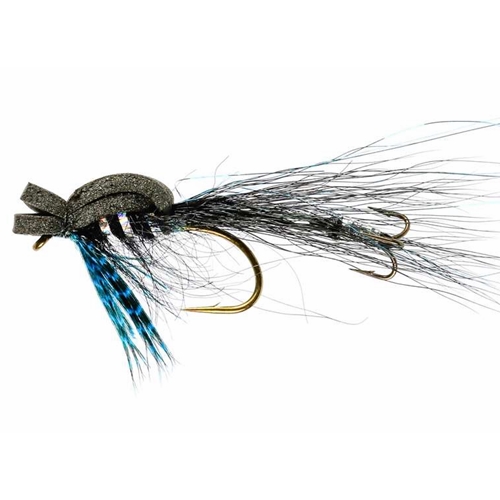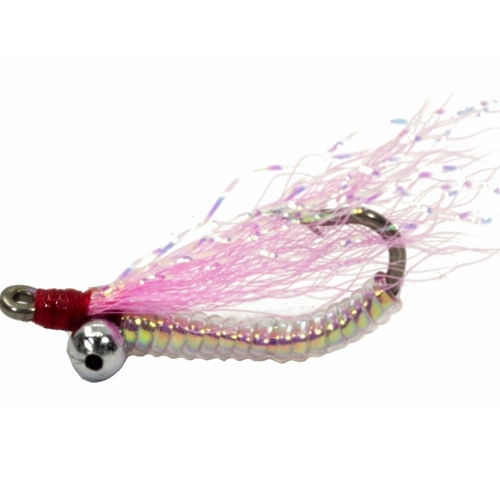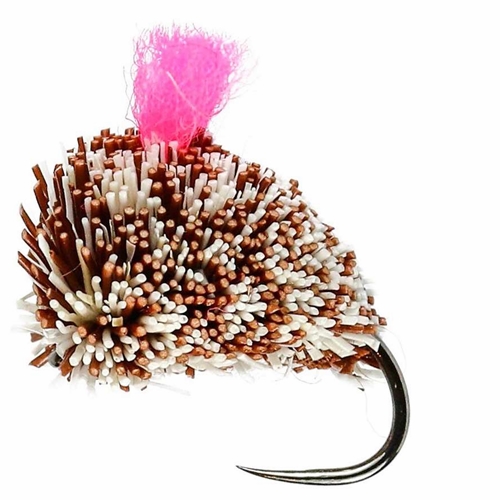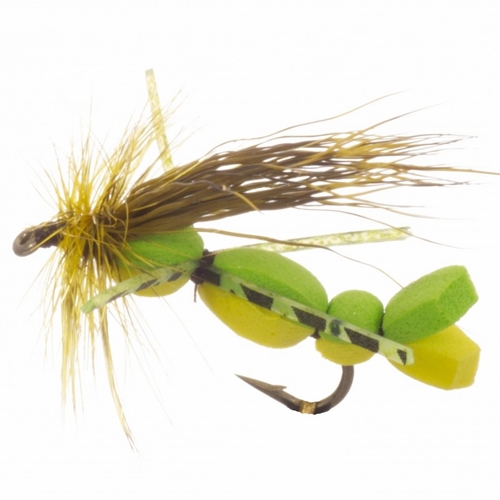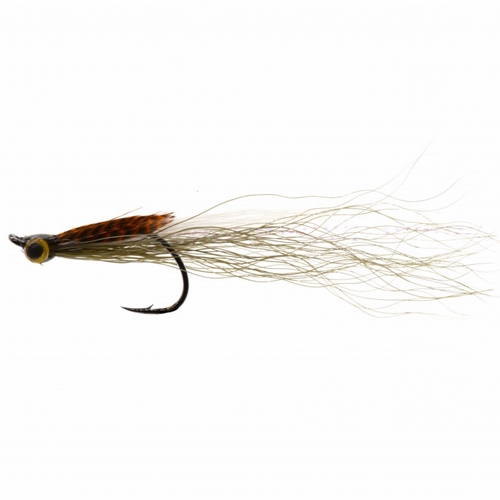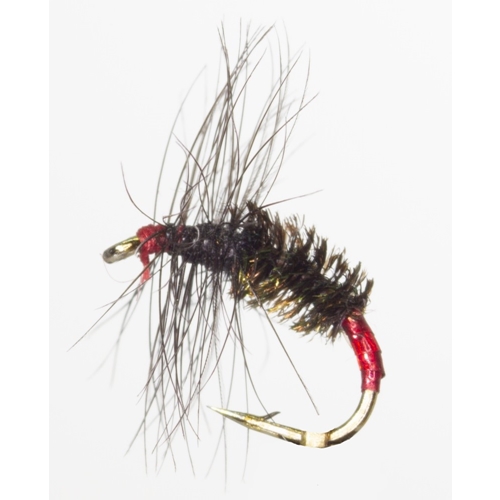There’s a small olive coloured upwing species that despite its tiny size, causes quite a stir with trout on warm summer evenings.
We’re talking about the Blue-winged olive (BWO). On rivers and streams across the UK this wee fly will have trout queuing up as the light fades.
To get the best of any hatch, it’s vital we understand the life cycle of this unassuming insect. After hatching from eggs, miniscule nymphs spend one year beneath the surface developing.
As they grow these nymphs actually moult several times, very much like a snake that sheds its skin.
In the life cycle Blue Winged Olives the sub imago is known as the “Dun” and the imago is known as the “Spinner”. | | |
 | | Come summer months, typically late June through to early September the now ripe nymphs swim to the surface to emerge into a dun (sub imago). You can visualize this as a butterfly emerging from its chrysalis. After their maiden flight, newly emerged duns take to the trees to undergo another transformation to the sexually mature adult, known in angling circles as “spinners”. | |
| Making your fly stand out in the crowd can be problematic now though we suggest stepping up by one fly size to make your offering more obvious. | |
| We haven’t really mentioned the nymphal form with good reason. It’s that with so much opportunity at the surface, why fish nymphs when you can be enjoying the more visual aspect of fly fishing, which I’m sure many would agree is the pinnacle of our sport! | | |















